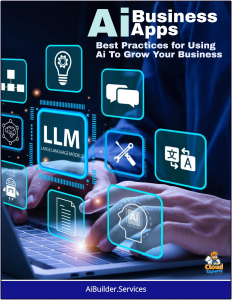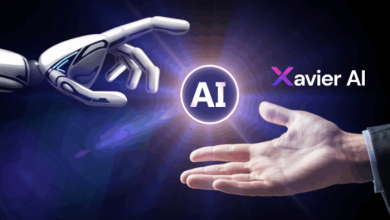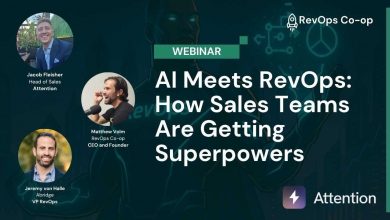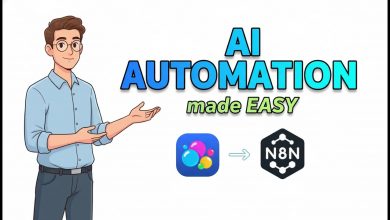The Ai-Powered Future of Work Collaboration and Productivity
As Microsoft 365 and Google Workspace evolve, they are not just tools but catalysts for a smarter, more connected workplace, where organizations that adapt will thrive.
 The AI-powered future of work is transforming how teams collaborate and boost productivity, with platforms like Microsoft 365 and Google Workspace leading the charge.
The AI-powered future of work is transforming how teams collaborate and boost productivity, with platforms like Microsoft 365 and Google Workspace leading the charge.
These tools, once simple suites for document creation and communication, are now intelligent ecosystems driven by artificial intelligence.
By integrating AI assistants like Microsoft’s Copilot and Google’s Duet AI, these platforms are streamlining workflows, enhancing decision-making, and fostering seamless global collaboration, redefining the modern workplace.
Microsoft 365
Microsoft 365 embeds Copilot across its applications, including Word, Excel, PowerPoint, Teams, and Outlook, turning routine tasks into intelligent processes. In Word, Copilot drafts documents and summarizes content, saving hours of manual editing.
In Excel, users can query data using natural language, receiving instant insights without complex formulas. Teams benefits from real-time transcription and action-item generation, while Outlook prioritizes emails and suggests replies. By leveraging the Microsoft Graph, Copilot personalizes recommendations, such as suggesting relevant files or collaborators, making workflows more efficient.
Google Workspace
Similarly, Google Workspace’s Duet AI enhances Docs, Sheets, Slides, Meet, and Gmail with context-aware assistance. In Docs, it refines writing and translates text instantly, while in Sheets, it analyzes data and generates predictive models. Slides users can create entire presentations from simple prompts, and Meet offers live translations and captions for inclusive collaboration.
By tapping into Google’s ecosystem, Duet AI delivers contextual insights, such as pulling Drive files to enrich documents, ensuring teams stay connected across time zones.
This AI integration automates repetitive tasks, freeing employees for strategic work. A 2023 McKinsey study suggests AI could save up to 30% of time spent on mundane tasks, translating to significant productivity gains. AI also democratizes data analysis, enabling non-technical users to extract insights, while real-time translation and summarization break down language barriers, fostering global teamwork. Personalized workflows, like tailored email suggestions or file recommendations, further reduce inefficiencies.
However, challenges remain. Data privacy and security are critical, with both platforms needing to comply with regulations like GDPR. Employees may require training to maximize AI tools, and ethical concerns, such as bias in AI outputs, demand ongoing attention. Looking ahead, deeper integration with third-party tools, proactive AI assistance, and multimodal capabilities will further transform collaboration.
As Microsoft 365 and Google Workspace evolve, they are not just tools but catalysts for a smarter, more connected workplace, where organizations that adapt will thrive.



